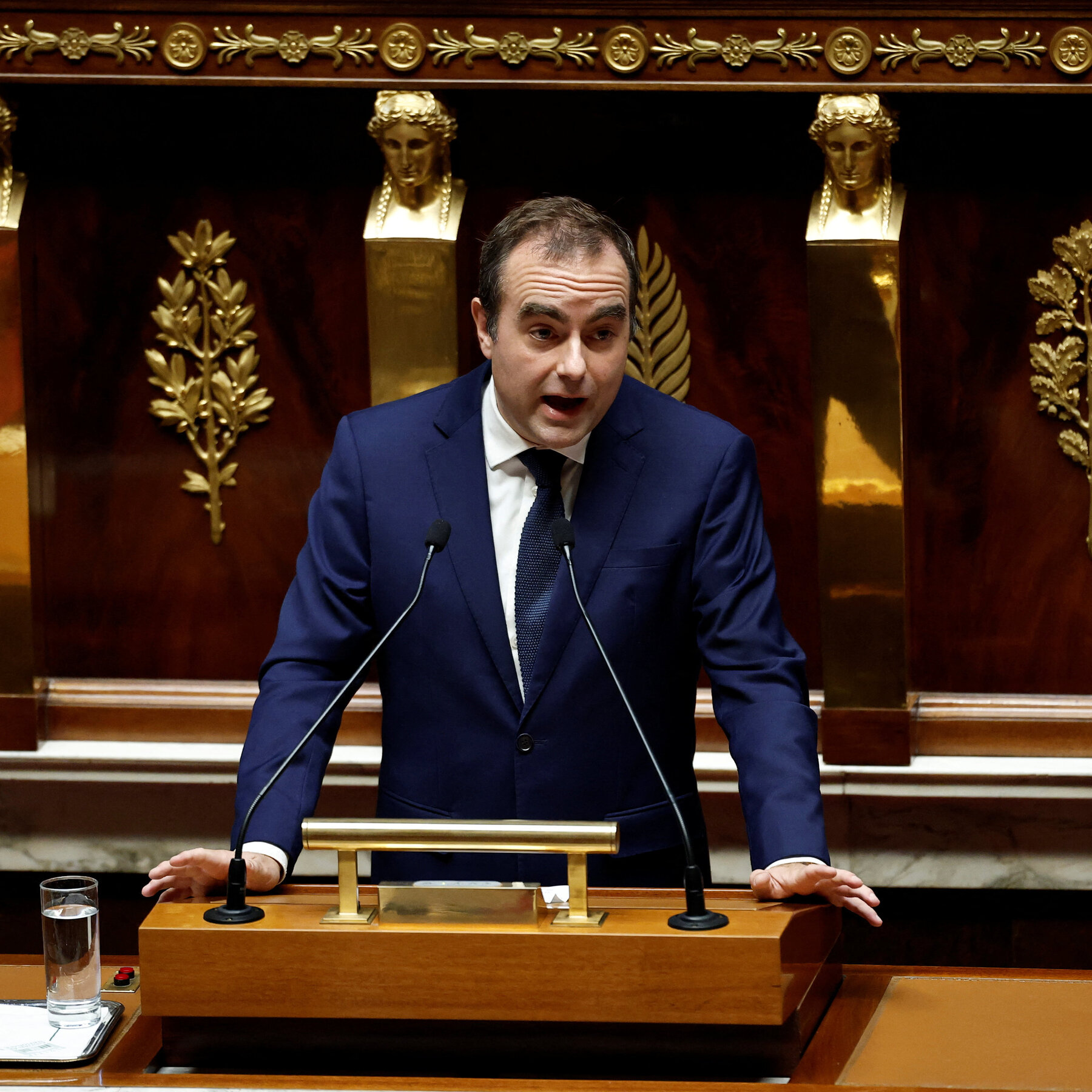A Syrian Village and the Long Road to the White House
2019: A Secret Raid in Eastern Syria
In the spring of 2019, President Donald Trump gave the order for a handful of U.S. Special Operations commandos to slip into a tiny, isolated village near the Syrian‑Iraqi border. Their objective was clear: track down and eliminate Abu Bakr al‑Baghdadi, the head of the Islamic State, who was believed to be hiding in the area.
The Aftermath and a Surprising Connection
The operation, kept under tight wraps at the time, succeeded in killing the ISIS leader, but it also exposed a tangled web of relationships among Syrian political elites. Among those linked to al‑Baghdadi was Bashar al‑Assad‘s longtime confidant, Mahmoud al‑Hariri, who had previously served as an intermediary for the extremist group.
Monday’s Diplomatic Move
On Monday, Mahmoud al‑Hariri—still regarded by many as a former associate of the slain ISIS chief—announced a new initiative aimed at deepening his country’s cooperation with the White House. The proposal includes joint security projects, intelligence‑sharing agreements, and a scheduled visit to Washington to discuss “regional stability and counter‑terrorism.”
What This Means for U.S.–Syria Relations
The announcement signals a potential shift in the already complex U.S.–Syria relationship. While critics argue that partnering with a figure tied to the former terror leader could undermine American credibility, supporters claim the move offers a pragmatic path toward lasting security in a war‑torn region.
Only time will tell whether this unexpected alliance will bring lasting peace or further entangle the United States in Syria’s tangled political landscape.







